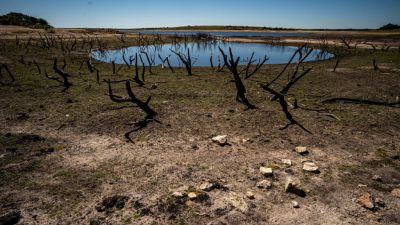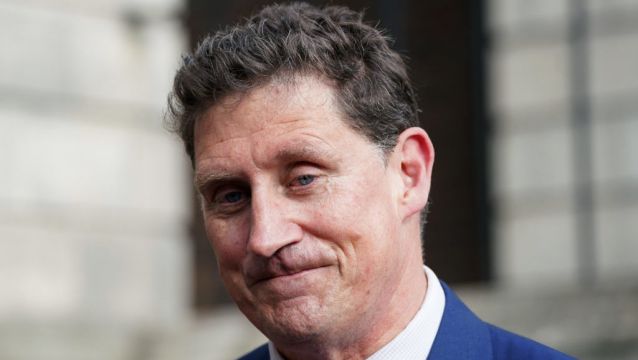The chair of an independent advisory body to the Government has warned that Ireland “is not sufficiently prepared” to adapt to the levels of climate change it is currently experiencing.
Climate Change Advisory Council chair Marie Donnelly said much of Irish infrastructure was built to cope with the climate of the mid-20th century.
“Therefore significant efforts are required to ensure resilience to the changed climate of the 21st century,” she said.
“Failure to urgently address these issues will magnify future costs and risks to society,” she added.
Her comments followed a publication from scientists with the Intergovernmental Panel on Climate Change (IPCC) that said there is a rapidly closing window of opportunity to lower greenhouse gas (GHG) emissions and secure a safe and liveable future for the global population.
The IPCC’s latest report said there needs to be drastic and deep GHG emissions cuts to keep the average global temperature below 1.5C above pre-industrial levels.
Ms Donnelly said she remains concerned that a significant acceleration of actions is required for Ireland to achieve its legally binding targets in full and on time.
“There are significant opportunities to take actions that both reduce our emissions and build our resilience to these changes. These actions typically have significant co-benefits for health, air quality and biodiversity. The time to act is now,” Ms Donnelly added.
She said there is an urgent need to “decarbonise our economy and society” through climate-change mitigation, while taking accounts of impacts and ensuring a just transition.
“Every reduction in emissions in Ireland will make a difference,” she said.
Minister for the Environment Eamon Rayn has said Government will deliver required reductions in emissions.
The Green Party leader said the science clearly shows that the main sources of greenhouse gas emissions are fossil energy use, unsustainable land use and land-use change, and unstainable patterns of consumption and production.
He added that effective international cooperation on targets and sectoral transformation is critical to reduce these emissions and to restrict global warming.
Mr Ryan said Government is passing “one of the most ambitious laws in the world” and mobilising public and private sectors to “deliver the emissions reductions required”.
“Climate Action Plan 2023 sets out how Ireland can accelerate the actions that are needed to respond to this crisis, putting climate solutions at the centre of Ireland’s social and economic development,” he said.
He said the plan implements carbon budgets and sectoral emissions ceilings.
“It sets out a roadmap for systemic change to reach our national climate objectives — to reduce overall greenhouse gas emissions by 51 per cent by 2030 and to reach net-zero emissions by 2050,” he said.
The Stop Climate Chaos Coalition said climate scientists have given governments a “final warning” and the only barrier to limiting future heating is “the lack of political will”.

Coordinator Sadhbh O’Neill called for “urgent political leadership”.
“Ireland is not on track to achieve the promised emission reductions by 2030 and without an urgent injection of renewed political commitment, we will slip back into the climate laggard category,” she said.
Mr Ryan is to appear before the Joint Committee on Environment and Climate Action on Tuesday afternoon to discuss the UN Sustainable Development Goals.







